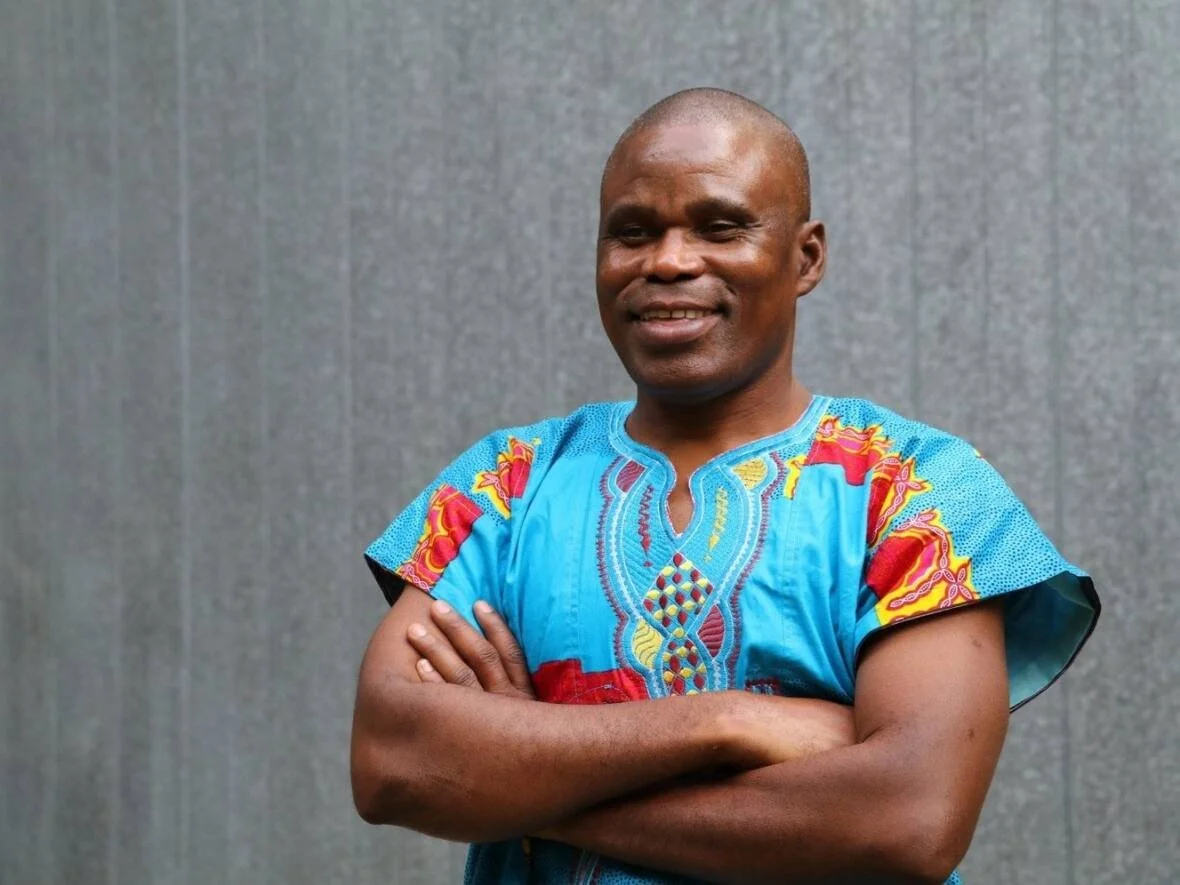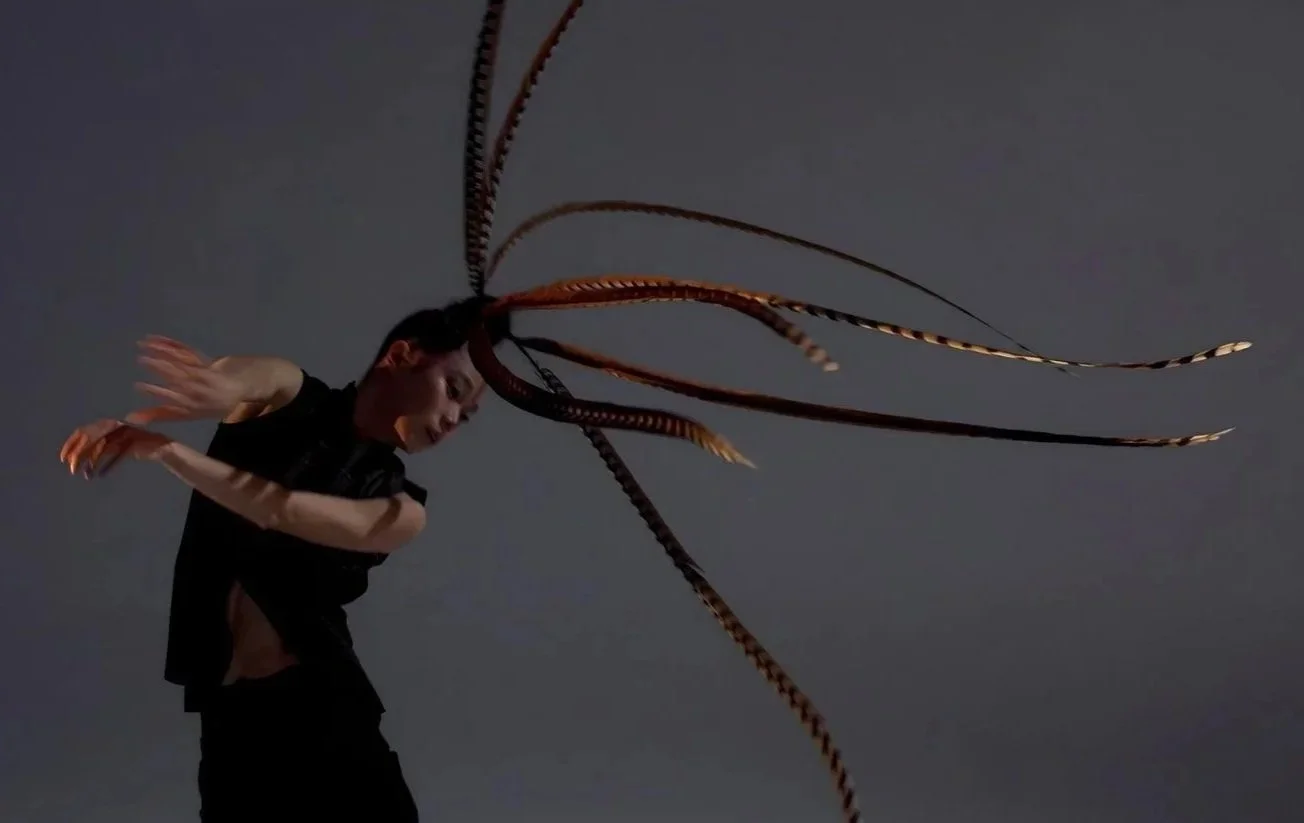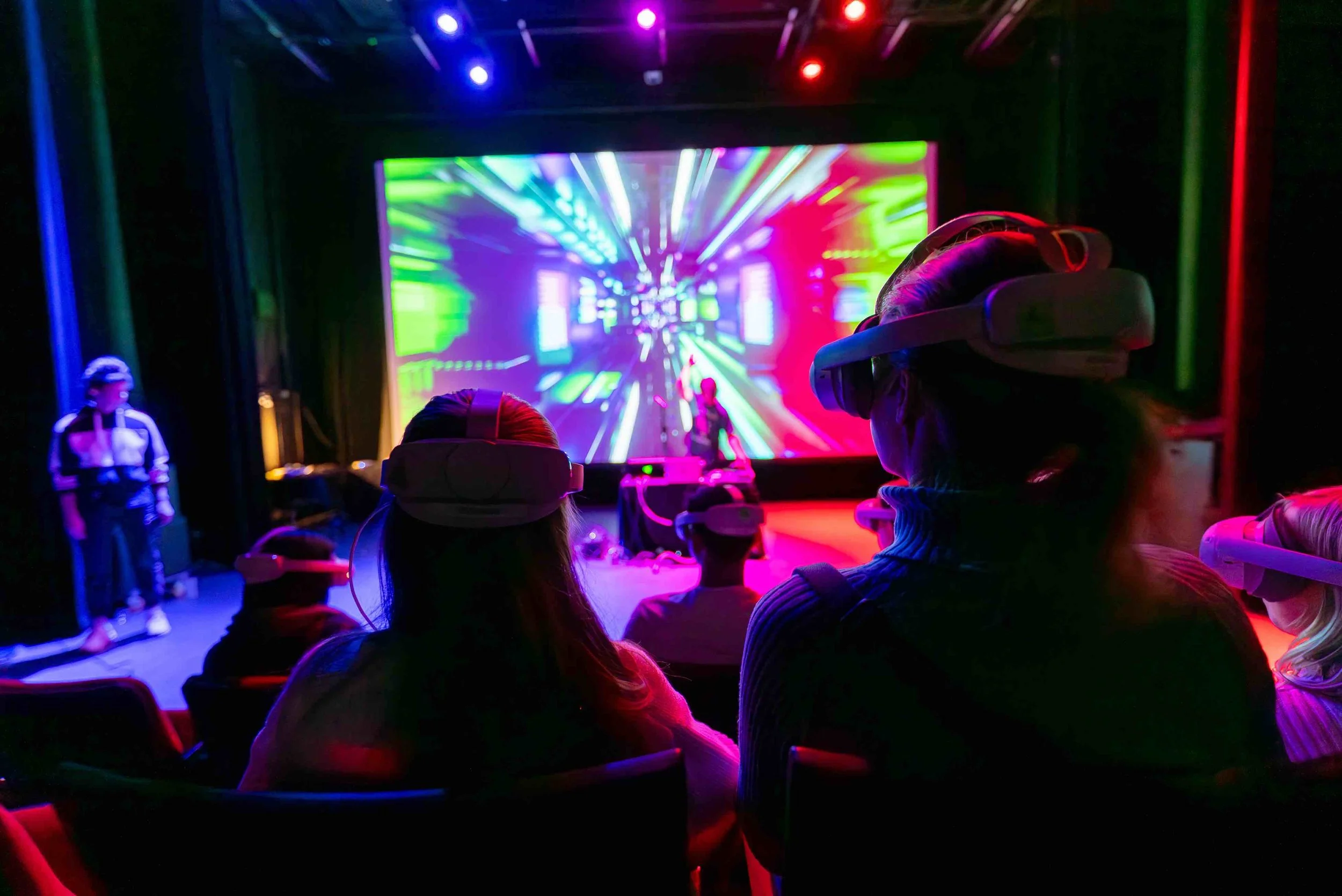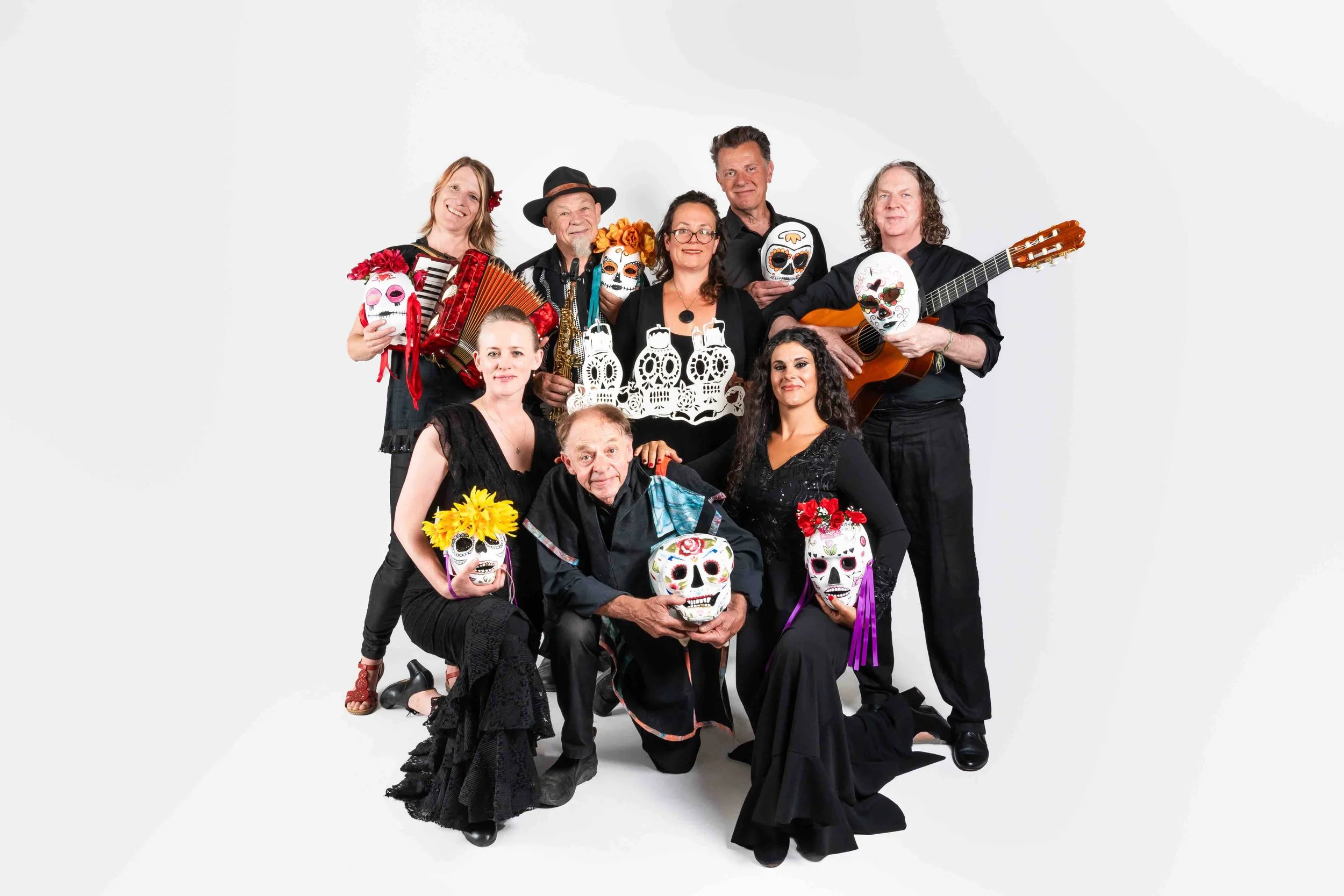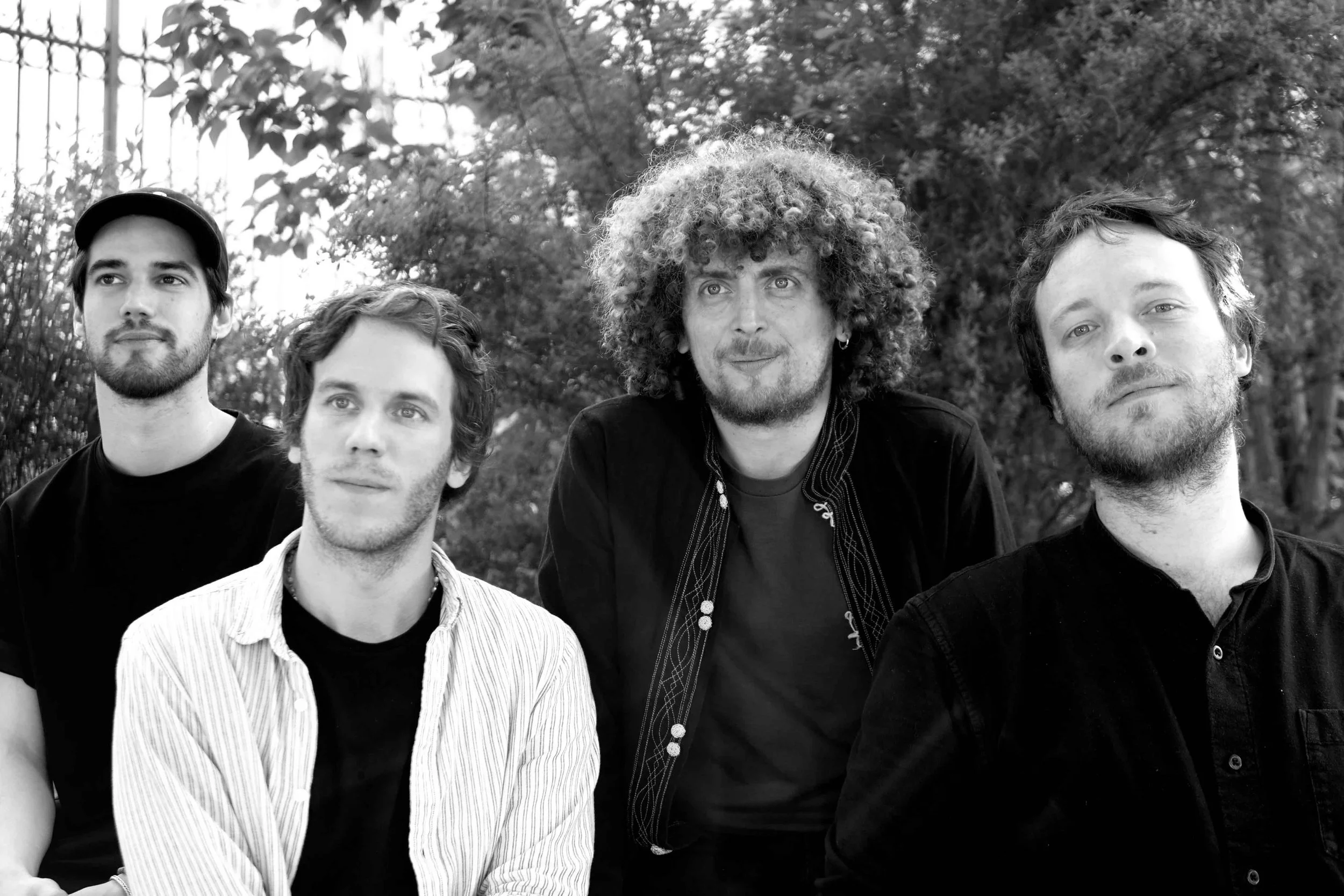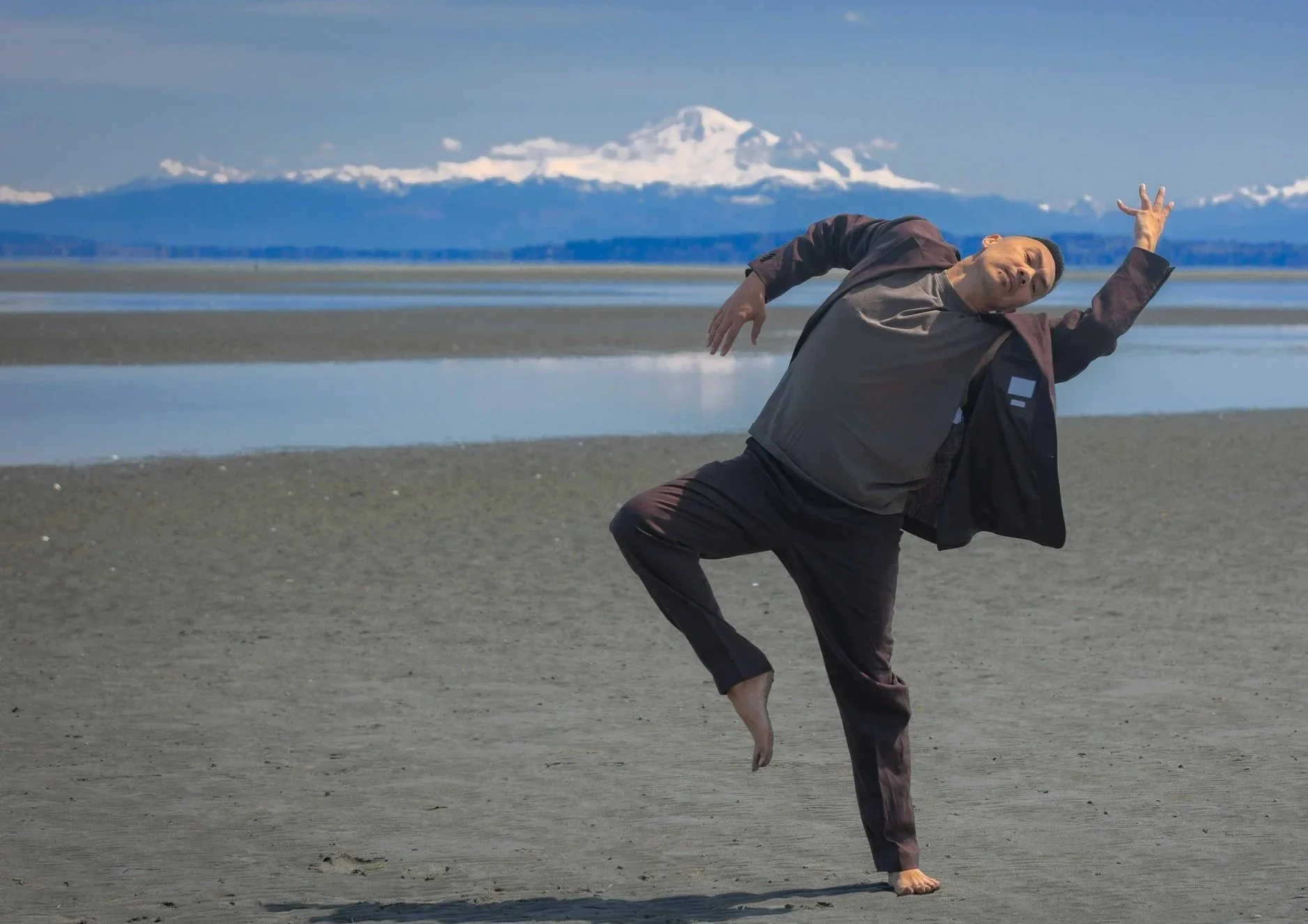Here's what Candy Palmater would like people to think about on National Day for Truth and Reconciliation
The Indigenous comedian-broadcaster-actor-writer shares suggestions for people to consider on Orange Shirt Day and beyond
Candy Palmater.
CANDY PALMATER HAS a full day on September 30. The comedian-broadcaster-actor-writer and public speaker is hosting two private virtual events in honour of the inaugural National Day for Truth and Reconciliation.
A member of the Eel River Bar First Nation, Palmater recently connected with Stir for an interview about her appearance at this year’s TRANSFORM Cabaret Festival. During that conversation, Palmater, who delivers keynote speeches to organizations, universities, and corporations nationwide, noted that over the last several weeks, she has frequently been asked for advice on how people can or should mark September 30.
Palmater shared her thoughts on the significance of the inaugural federal statutory holiday and her suggestions for individuals with Stir. In her own words, here’s what she had to say:
“I’m glad we’re taking a day to look at this and I’m interested in seeing how different organizations are handling it differently….I’ve been contacted by universities who are asking for some guidance on how to recognize the day, so I’m glad people are really thinking about it and not just thinking ‘oh, good, we have a day off.’
“My advice is not necessarily for organizations but for people …. I would love it if every Canadian on that day would sit down and make a plan—a two-week plan. Don’t put it off.
“In the one week following the Day of Reconciliation, I would love it if every Canadian did one act of personal reconciliation. Reconcile something with yourself, something you’re not letting go of, a mistake you’ve made that haunts you—one thing that is constantly weighing you down about yourself. Reconcile that.
“Then the next week, do an act of reconciliation outwardly. One thing wherever you are, whatever your gifts are, one thing you could do that would improve the relationship between Indigenous and non-Indigenous Canadians.
“You don’t have to think about it on a huge scale; it could be the simplest of things.
“Let’s say you’re at ground zero and have no knowledge; go to the library and take out a book, and really read that book with a view of understanding the situation.
“If every Canadian did those two simple things, change will happen a lot faster.
“It’s so easy to look out and say ‘What’s the government going to do? Or ‘what’s that organization going to do?’ But the whole conversation changes when you look in the mirror and say: ‘What am I going to do?’”
For more information about National Day for Truth and Reconciliation, see the National Centre for Truth and Reconcilation A national, 24-hour Indian Residential School Crisis Line has been set up to provide support for former students and those affected: 1-866-925-4419.



